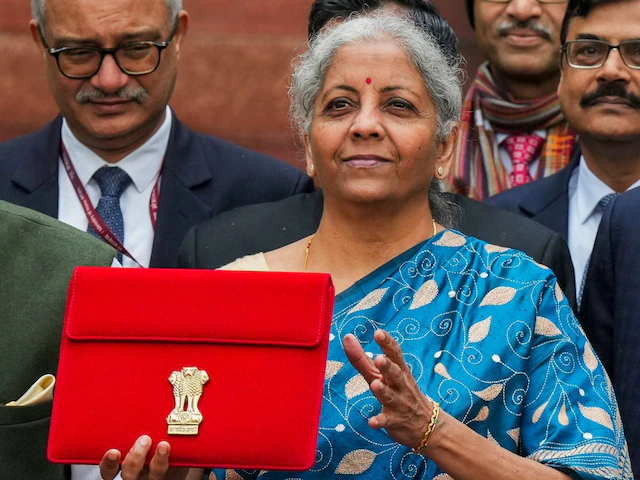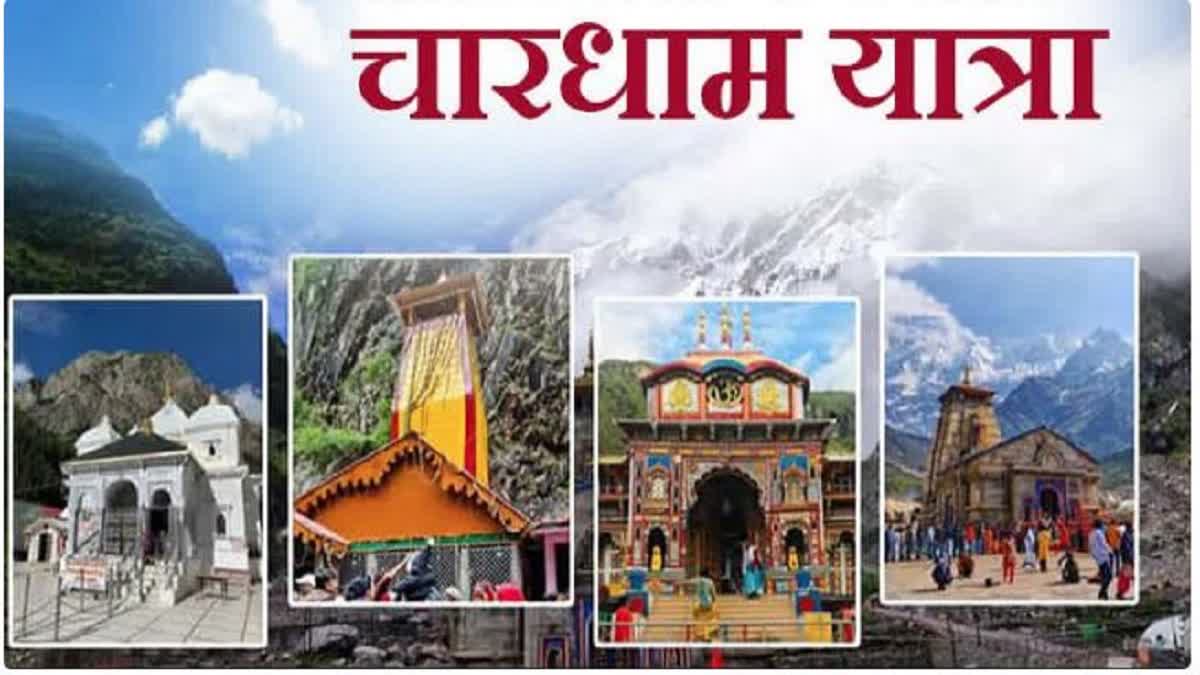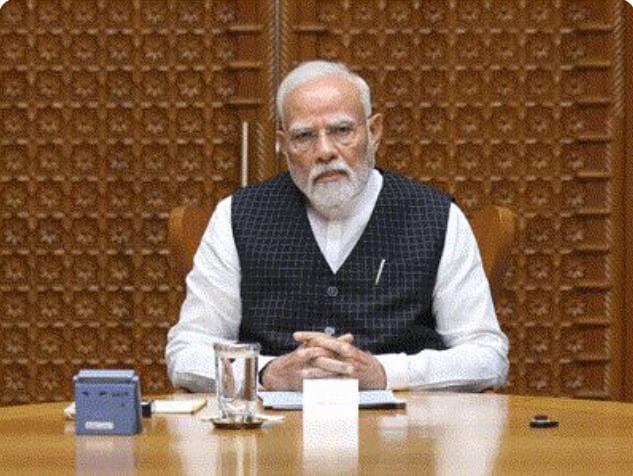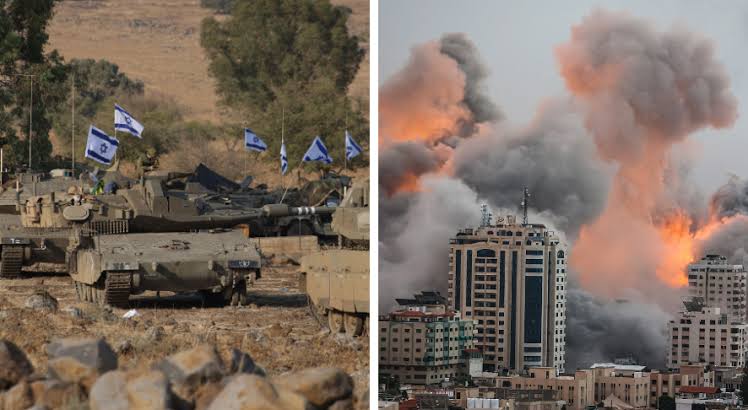How Trump’s Extreme Vetting Order Affects U.S. Visa Screenings for Indians
Editor : Rishi | 05 February, 2025
Flight carrying Indian Immigrants Lands at Amritsar Airport
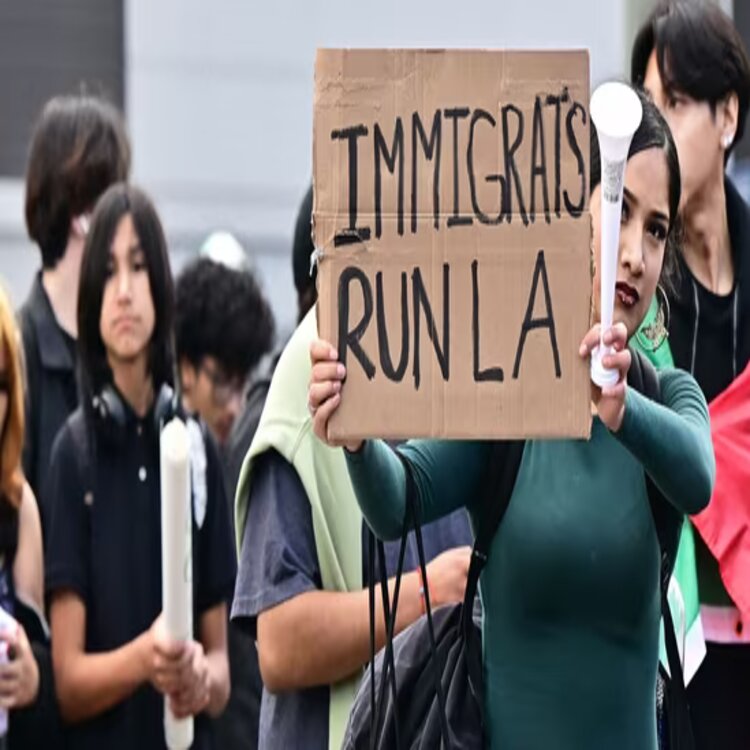
Source or Copyright Disclaimer
President Donald Trump’s controversial “extreme vetting” order has sparked intense debate across the globe, particularly among Indians seeking U.S. visas. The directive, aimed at tightening the screening process for immigrants and visitors, has led to increased scrutiny of visa applications, longer processing times, and heightened anxiety within the Indian community. While the move has been justified as a national security measure, it has also raised concerns about discrimination and the impact on skilled professionals, students, and families.
Under the new guidelines, Indian applicants for work visas, student visas, and even tourist visas are facing more rigorous background checks. U.S. consular officials now have broader authority to request extensive documentation, including social media histories, travel records, and financial details. This has particularly affected H-1B visa holders, who make up a significant portion of the Indian diaspora in the U.S. Many highly skilled Indian professionals in the technology and healthcare sectors worry that these stringent policies could hinder their ability to work or settle in the U.S.
According to immigration lawyers, visa interviews have become more exhaustive, with applicants being asked detailed questions about their employment history, family ties, and even political opinions. Some applicants have reported extended wait times, with their cases being subjected to “administrative processing,” which can take weeks or even months to resolve.
Indian students aspiring to study in the U.S. are also experiencing the effects of extreme vetting. Many applicants for F-1 student visas have reported increased rejections, particularly those enrolling in STEM (Science, Technology, Engineering, and Mathematics) programs. The fear is that these restrictions could discourage talented students from pursuing higher education in the U.S., leading them to explore opportunities in Canada, the UK, or Australia instead.
Amit Kumar, a recent engineering graduate from Mumbai, shared his experience: “My visa interview lasted almost an hour, and I was asked questions about my political views and connections back home. It felt intimidating, and I worry that even after getting a visa, there might be more challenges ahead.”
The Indian American community, which has long played a crucial role in shaping U.S.-India relations, has expressed mixed reactions to the policy. While some support stricter immigration laws as a means to ensure national security, many others view it as a discriminatory measure that unfairly targets individuals based on nationality and religion.
Prominent Indian American organizations, including the U.S. India Business Council and the Indian American Impact Fund, have voiced concerns over the order’s implications. They argue that extreme vetting disproportionately affects skilled professionals and students, ultimately harming both the U.S. economy and its relationship with India.
As legal challenges to the order continue, many hope for policy revisions that balance security concerns with fairness. Indian immigrants and professionals in the U.S. are advocating for clearer visa guidelines and better transparency in the screening process. Meanwhile, aspiring visa applicants are advised to be prepared for longer wait times and more rigorous questioning at consulates.
While Trump’s extreme vetting order aims to enhance national security, its long-term consequences on U.S.-India ties and the aspirations of countless Indian professionals and students remain uncertain.
